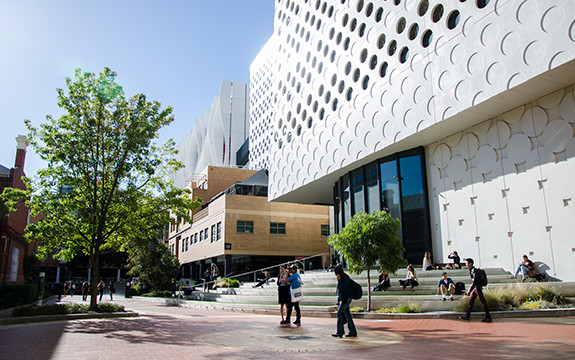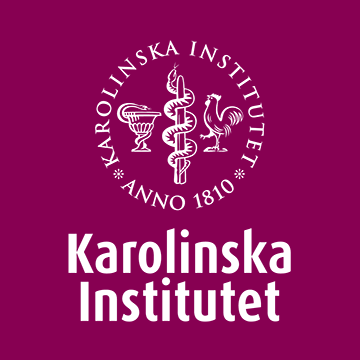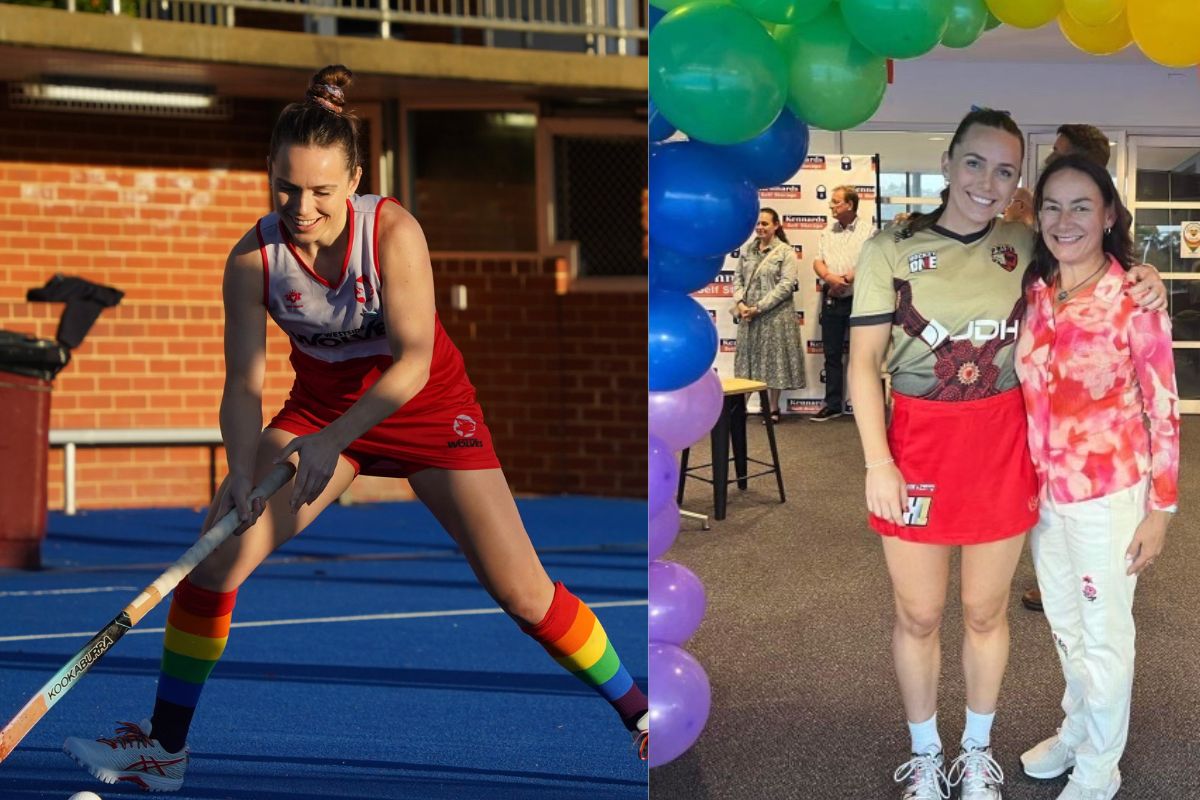
Swinburne has established an incident management group and is closely monitoring the situation.
The Australian government has again extended and expanded travel restrictions as part of measures related to the spread of the coronavirus (COVID-19).
The restrictions on foreign nationals who have been in mainland China and Iran have been extended for another week to Saturday 14 March, and revised to include South Korea.
The Department of Foreign Affairs and Trade (DFAT), through its Smartraveller website, is currently advising those who are planning to travel to Japan, Italy and Mongolia to ‘exercise a high degree of caution‘. Anyone planning to travel to South Korea is advised to reconsider their need to travel and is advised not to travel to Daegu.
Travellers from Italy will face advanced screening measures on arrival in Australia.
Australian citizens, permanent residents and their immediate families are still exempt from restrictions but are required to self-isolate for 14 days after visiting China, Iran or South Korea.
Anyone who has been outside of these countries for more than 14 days and shows no signs of the novel coronavirus (COVID-19) can also enter Australia.
Swinburne is continuing to support students unable to travel to Australia, as well as members of our community affected by self-isolation measures.
Anyone arriving on campus is asked to report any new or persisting respiratory symptoms to Wellbeing at Swinburne as quickly as possible.
Answers to students’ frequently asked questions relating to COVID-19 are available on the Swinburne website.
For Swinburne-related travel, the university is following the latest advice from DFAT, which is available on the Smartraveller website.
The Australian government has activated an emergency response plan and elevated its response to the outbreak of the coronavirus (COVID-19).
Swinburne’s incident management group is closely monitoring the situation and will continue to follow the advice of the relevant authorities.
Meanwhile, travel restrictions on foreign nationals who have been in mainland China have been extended to Saturday 7 March. Heightened travel restrictions are now also in place for Iran, with the government raising its advice level to ‘do not travel‘.
Australian citizens, permanent residents and their immediate families are still exempt from restrictions, but are required to self-isolate for 14 days after visiting either China or Iran.
Anyone who has been outside of China or Iran for more than 14 days and shows no signs of the novel coronavirus (COVID-19) can also enter Australia.
The Department of Foreign Affairs and Trade (DFAT), through its Smartraveller website, is currently advising those who are planning to travel to South Korea, Japan, Italy and Mongolia to ‘exercise a high degree of caution‘.
Swinburne is continuing to support students unable to travel to Australia, as well as members of our community affected by self-isolation measures.
Anyone arriving on campus is asked to report any new or persisting respiratory symptoms to Wellbeing at Swinburne as quickly as possible.
Answers to students’ frequently asked questions relating to COVID-19 are available on the Swinburne website.
For Swinburne-related travel, the university is following the latest advice from DFAT, available through the Smartraveller website.
The Australian government has again extended travel restrictions by a week to Friday 28 February.
Australian citizens, permanent residents and their immediate families are still exempt from the restrictions. Anyone who has been outside of China for more than 14 days and shows no signs of the novel coronavirus (now named COVID-19) can also enter Australia.
Swinburne is continuing to support students unable to travel to Australia, as well as those affected by self-isolation measures.
Students arriving on campus are urged to report any new or persisting respiratory symptoms as quickly as possible. These students should contact Wellbeing at Swinburne on








